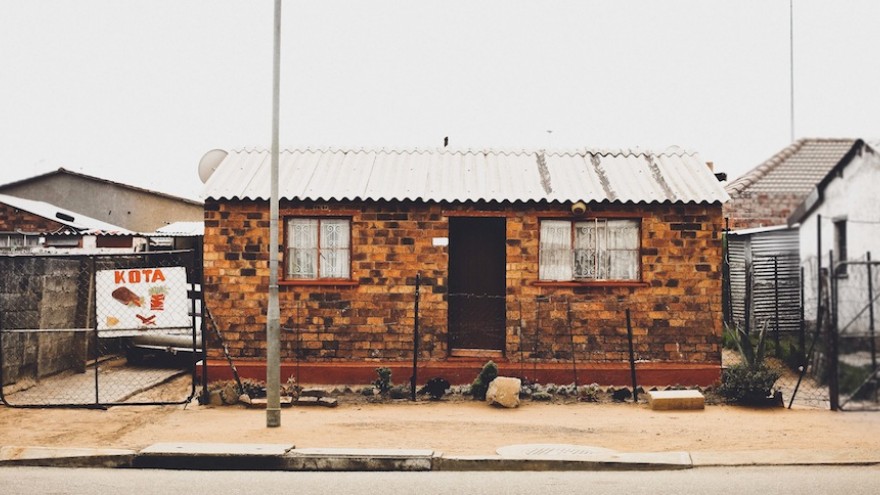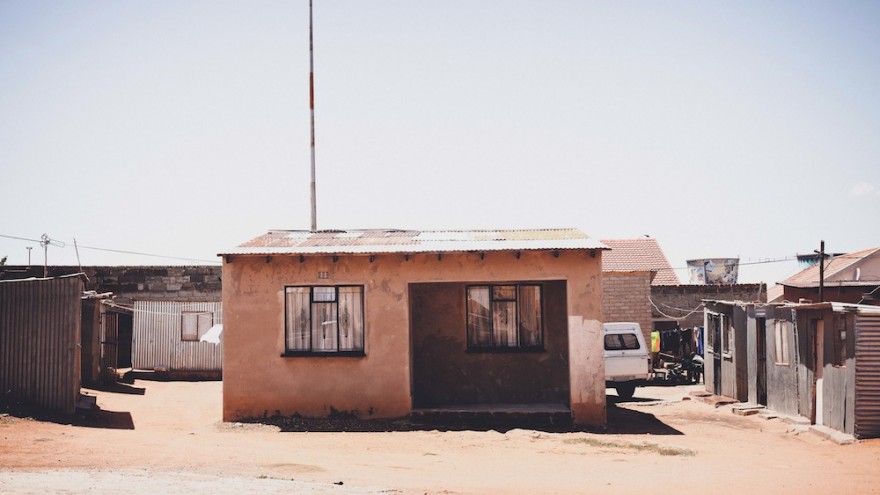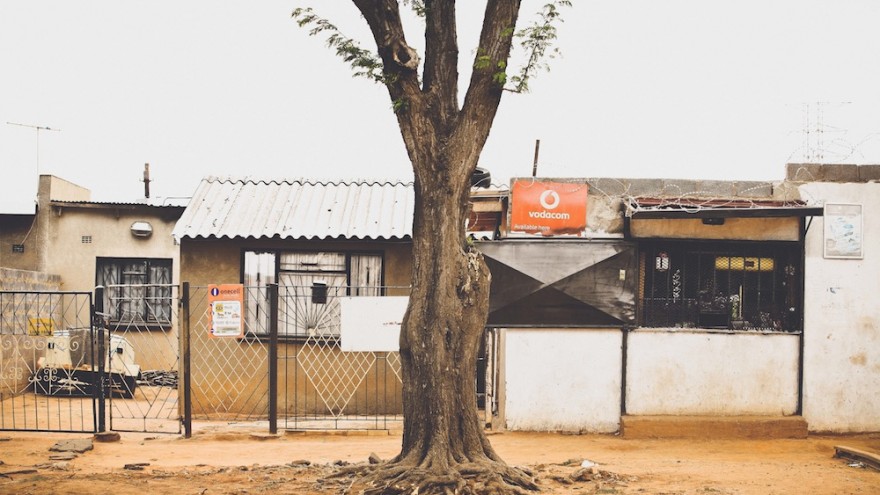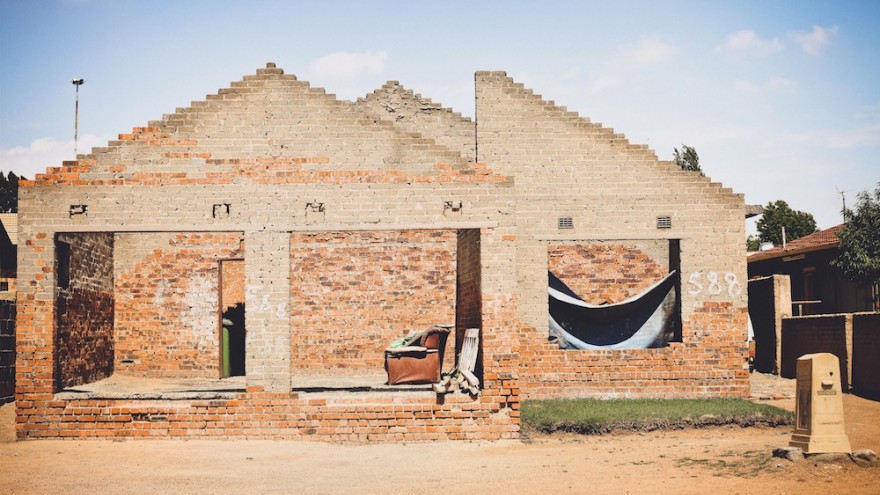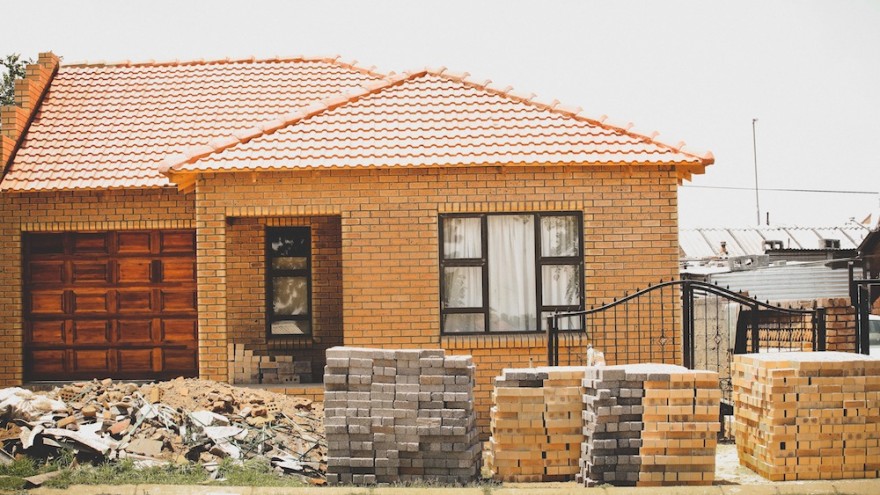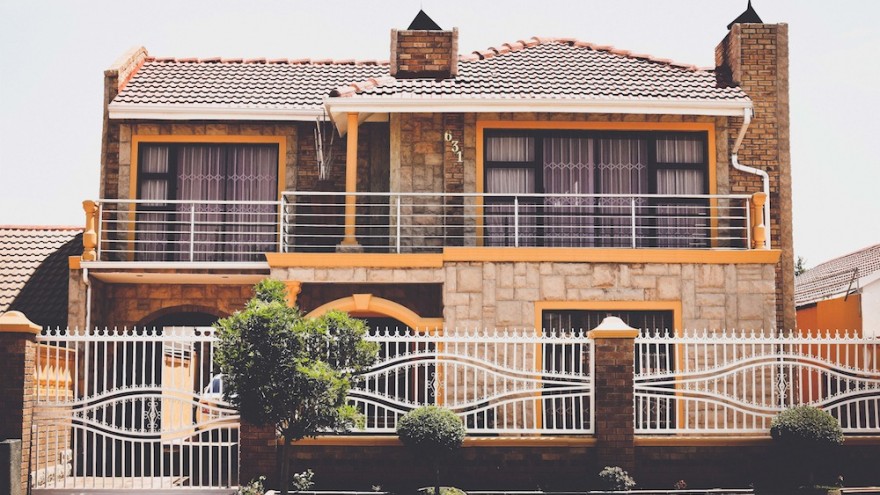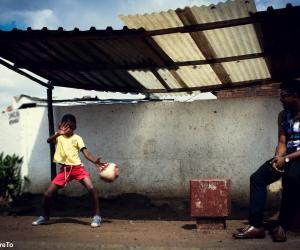Part of the Project
From the Series
How did you get into photography?
I picked it up as a passion. My mother is a graphic designer by profession and I just wanted to design and create things form scratch as she was doing on the computer. This inspired me to pick up the camera and I eventually started taking photo professional in 2012.
Where did you learn to take photos?
Fortunately and unfortunately I'm a self-taught photographer (Macozoma is a political science graduate). I believe this gives me an edge when it comes to not adhering to some of the restrictive rules and boundaries of photography that are sometimes instilled when formally studying photography. Trial and error has been my primary teacher but I've also been supported by the internet which is a great platform for learning as well as peer learning and knowledge/best practice exchange with other photographers.
What subject matter do you cover in your photography?
The subject matter of my works changes and evolves. I started off being interested in fashion and street style but now I am more interested in documentary-type photography. I feel documentary photography can make a lasting impression because it captures a social aspect of life.
Documentary photography is more about documenting history and leaving behind a footprint so that who ever comes after you can trace what has come before. Commercial photography is more concerned with aesthetics and how things look and not necessarily what they mean. For me that is the main difference between documentary photography and commercial photography.
Tell us more about the SoWhereTo project.
I wanted to create a visual blueprint, a photographic map of what Soweto looks like. So I went out attempting to take a picture on each and every street in Soweto. And that is how it started with me creatively showcasing the different streets in Soweto. This is an on-going project to capture the day-to-day lifestyle and culture. I wanted to document the evolution of Soweto – where it started and where it is now and its story.
Can you tell us more about the series of houses shown as part of the project?
We all know that under Apartheid housing was an instrument of oppression and segregation but this has evolved and changed. The houses are the true witnesses of change because they have been there since the establishment of Soweto and they’ve witnessed the changes through defining and redefining one’s life and putting back dignity into a system used to dehumanise a people. I think it is very fascinating to see that a culture, a class is emerged in Soweto and a whole new suburbia. You don't have to move to the suburbs anymore, you can find that lifestyle right here in Soweto.
Has your work in Soweto changed your own perspective on your hometown?
It has. I see the reaction on people’s faces all the time when they see the images. In their heads Soweto still looks a certain way but then I show them the modern day Soweto and they are surprised. It has also opened up my own mind – and maybe I’ve become ignorant because I see it all the time – but I see that we have changed; we are developing and moving forward. It is not just another township is a proper city with suburbs.
Mesuli Macozoma was a part of the Emerging Creatives programme and exhibited at the Design Indaba Expo 2014.

